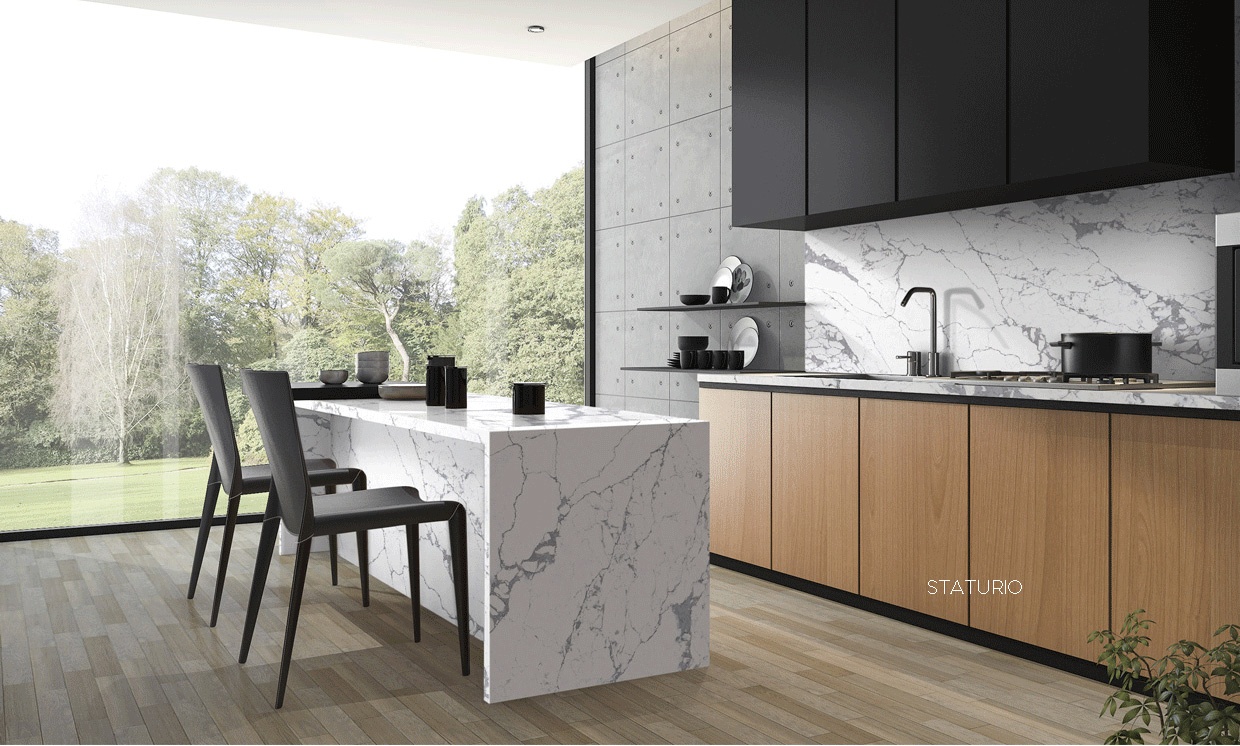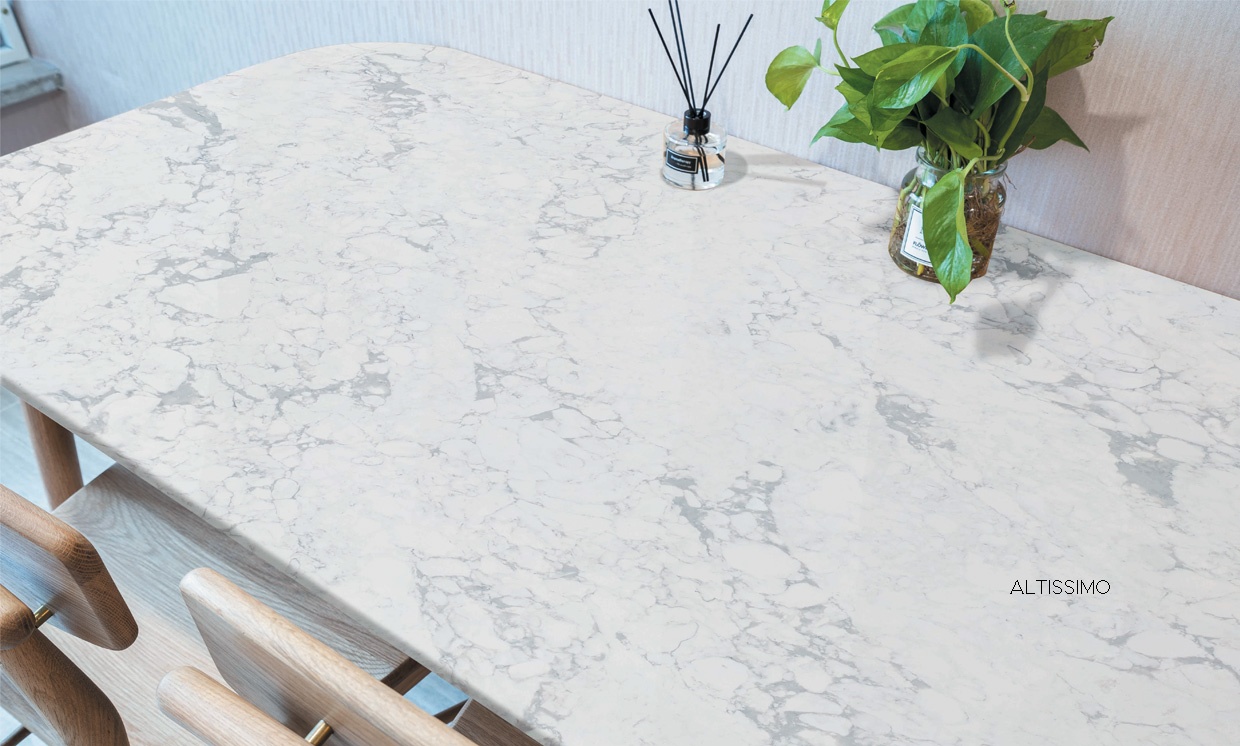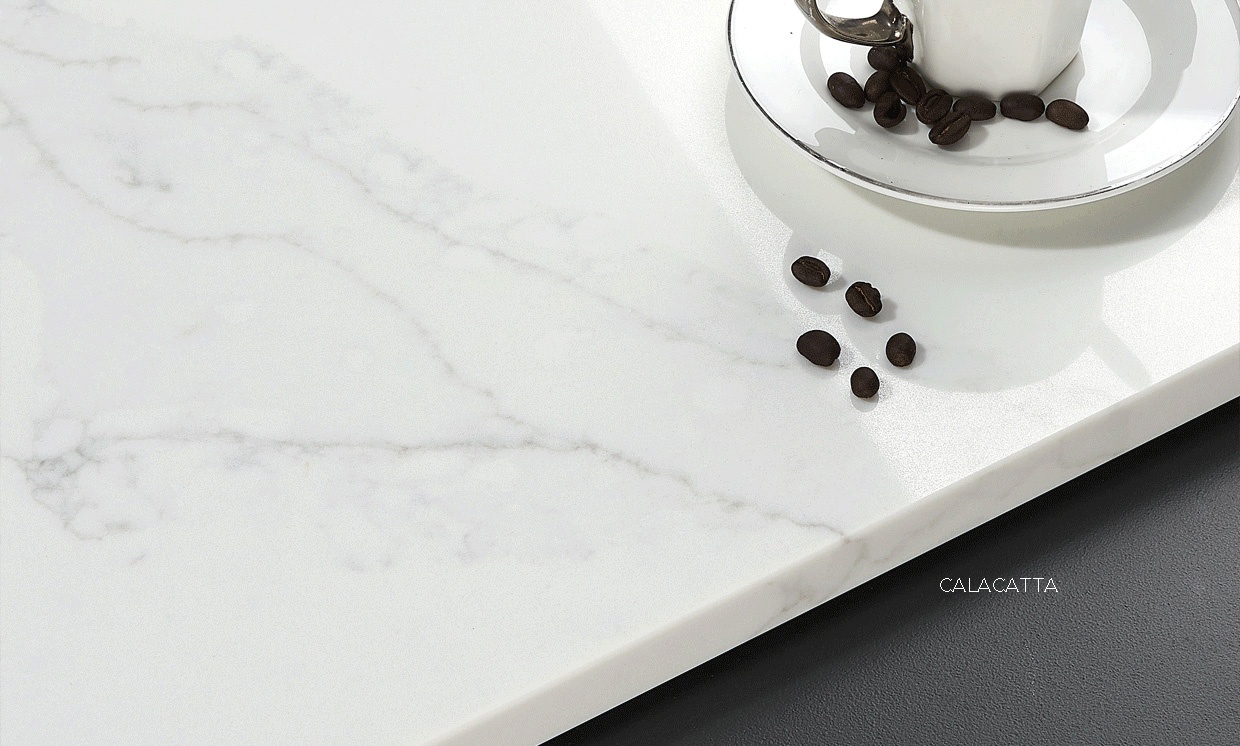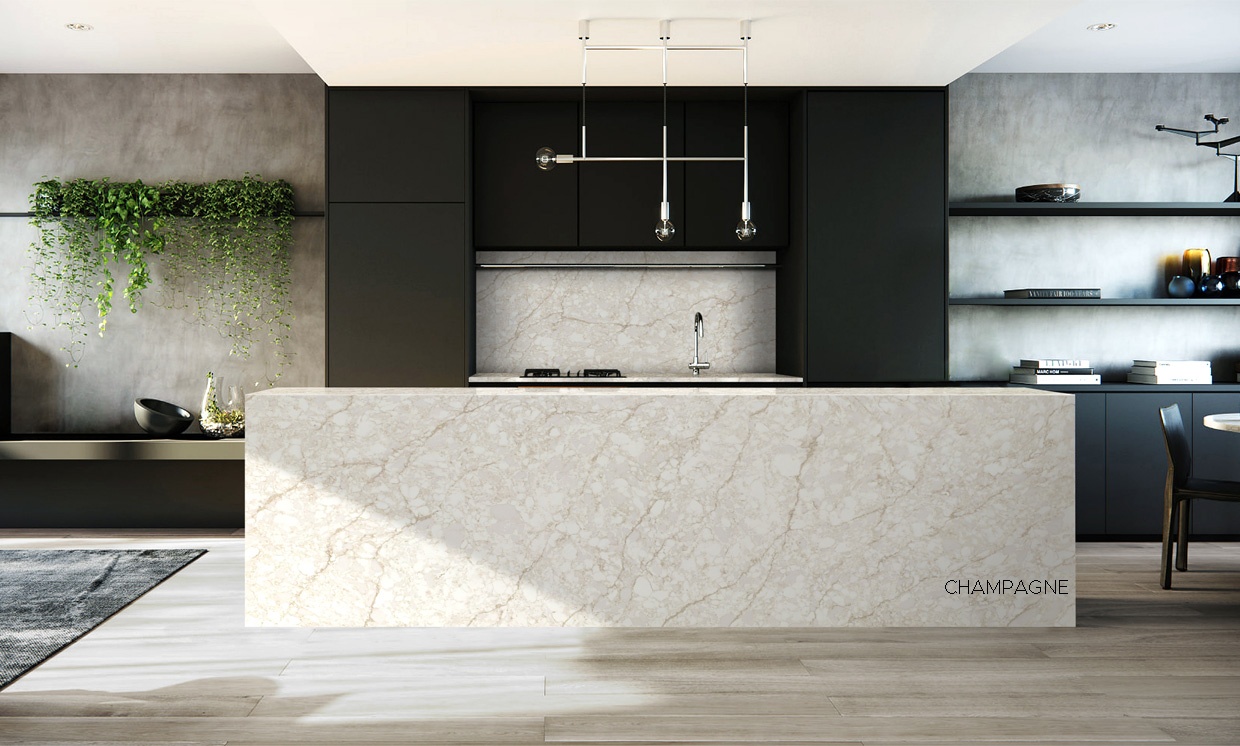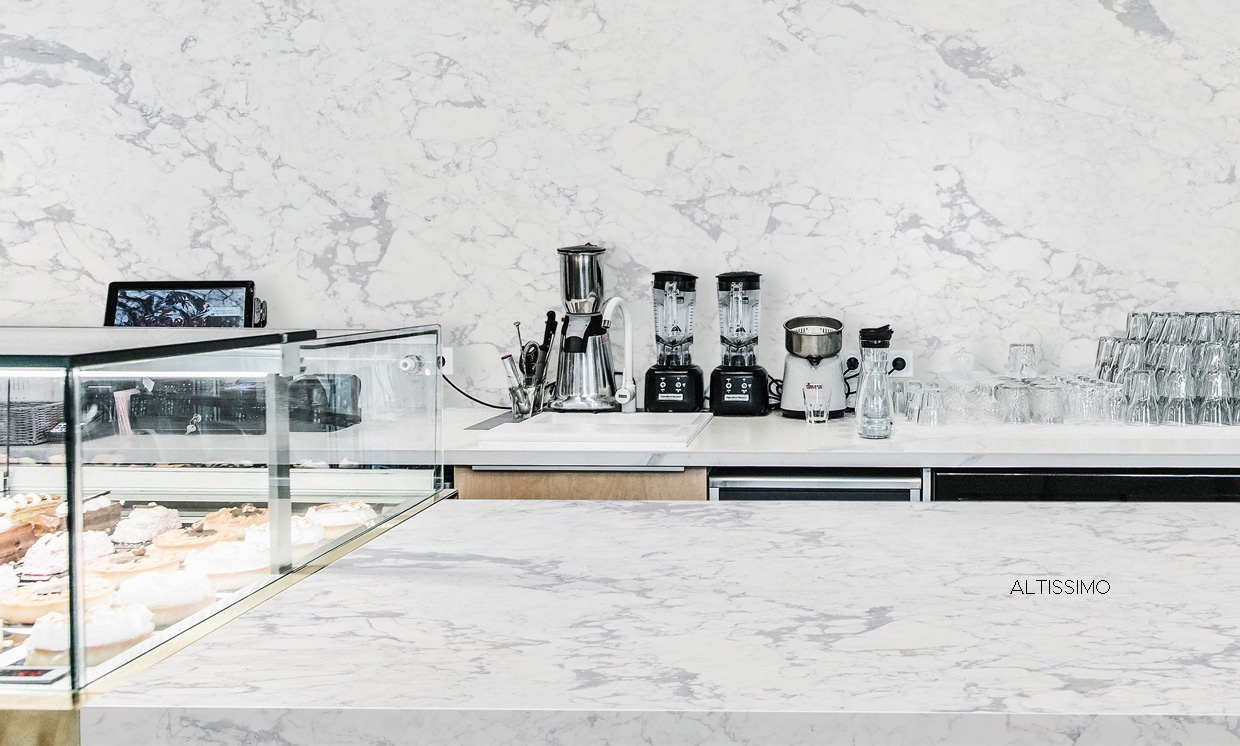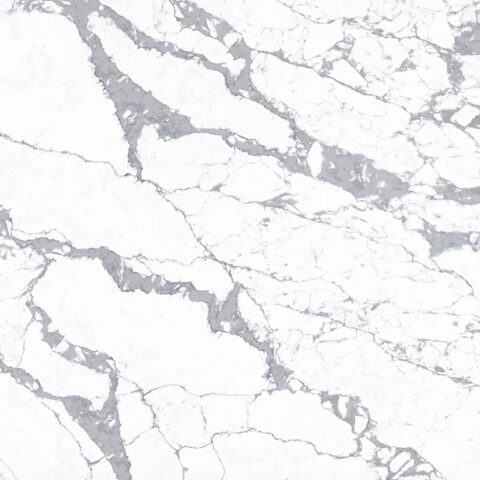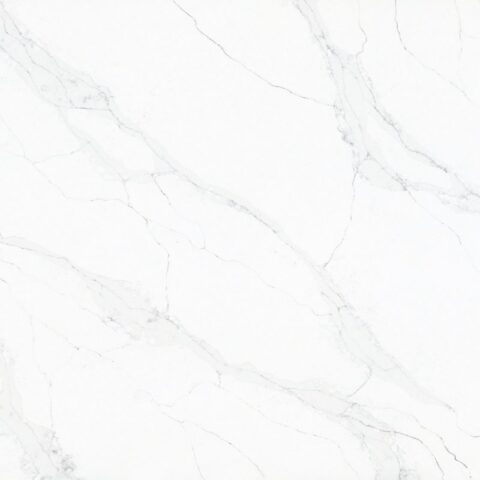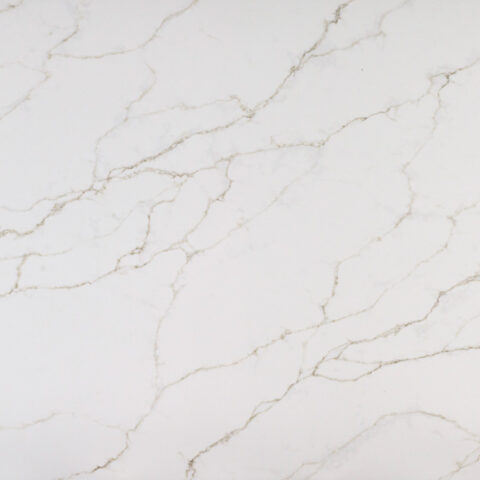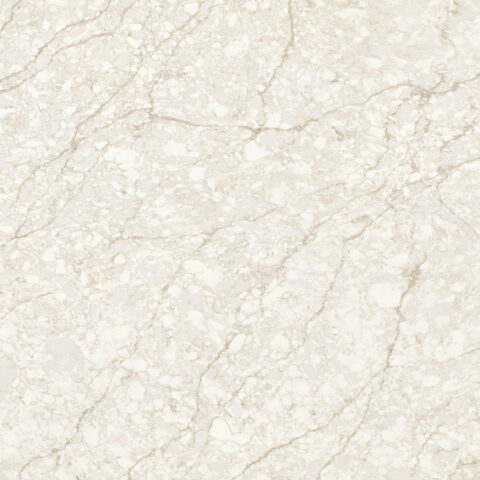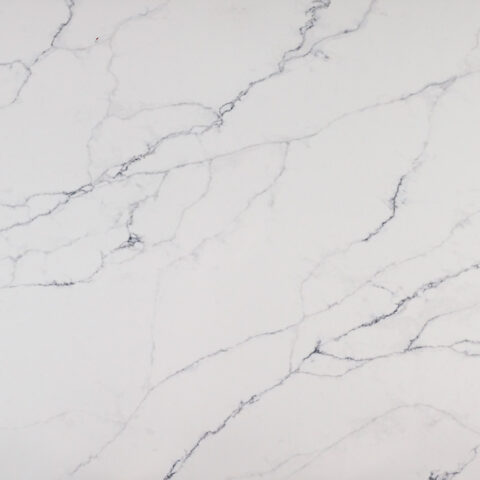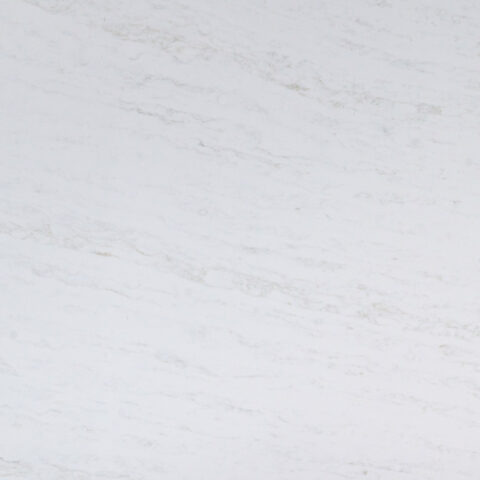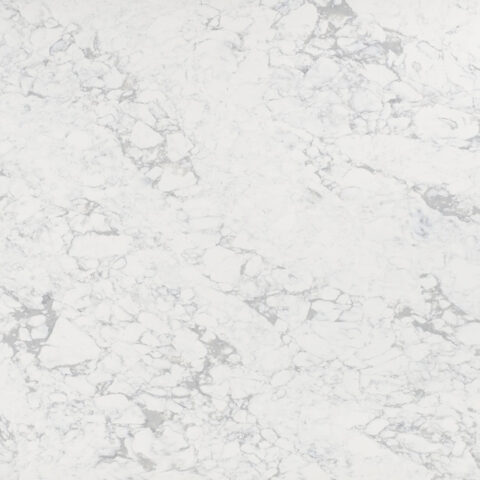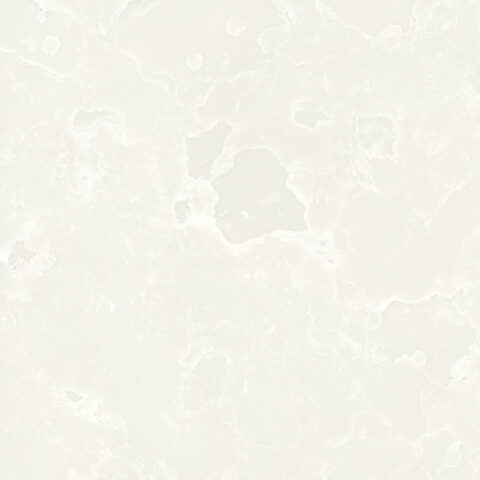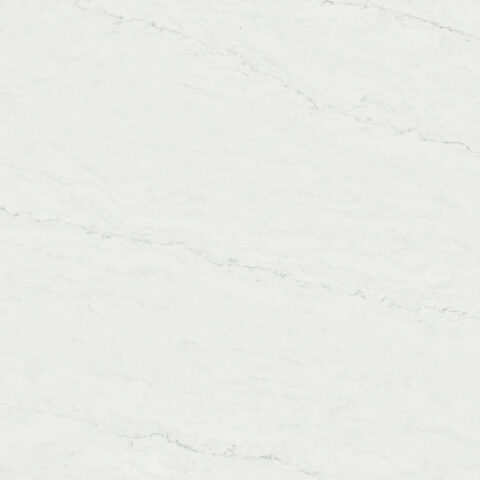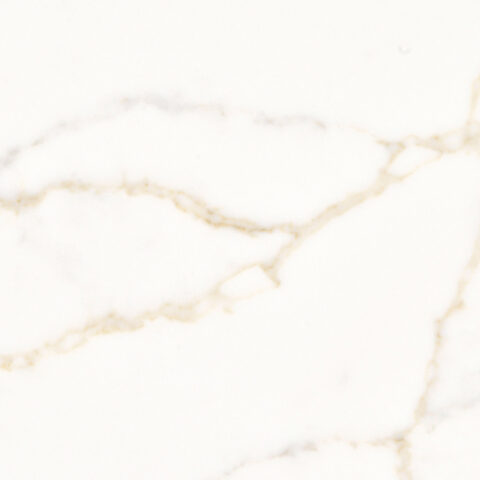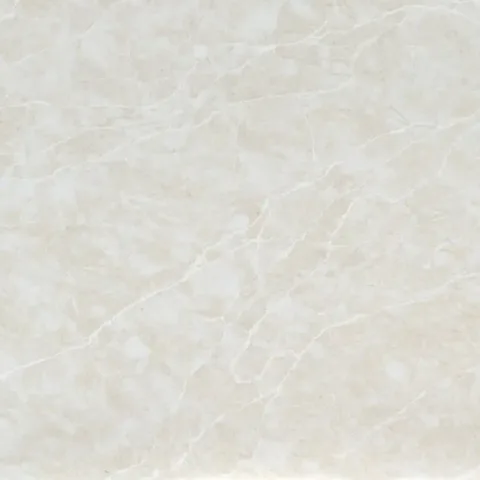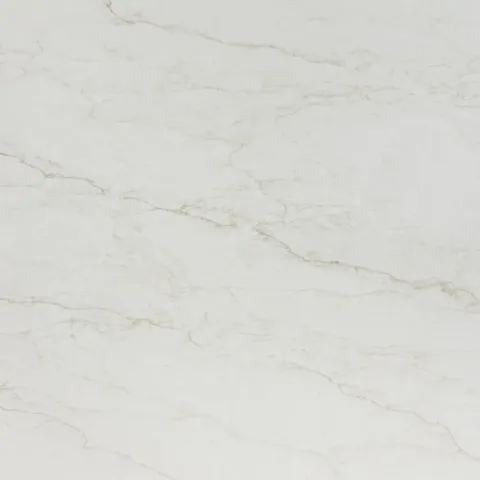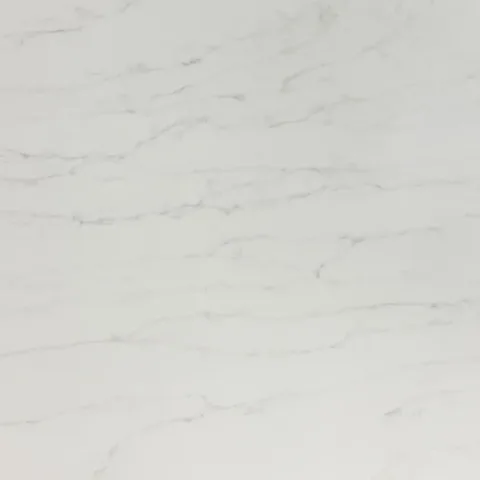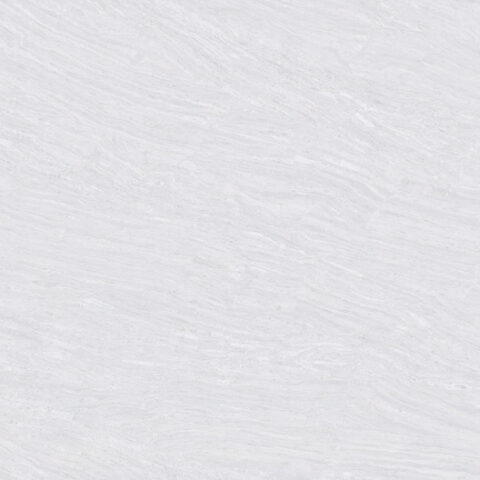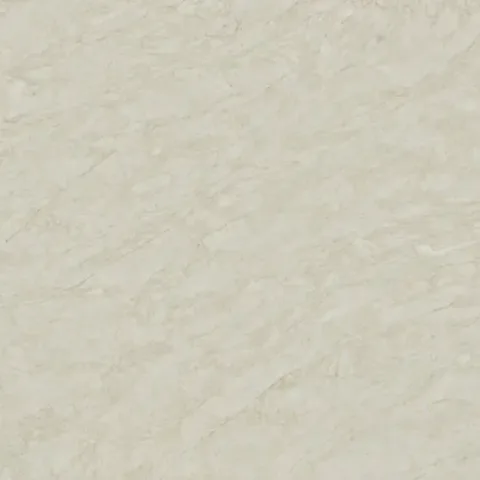Pure Raw Material
Nasquar Quartz selects natural pure quartz crystal with Si02 content reaching 98%. The greater the purity, the harder the stone.
Nasquar Quartz is 93% natural quartz making it much stronger than granite. It is non-porous, protecting the surface from food and beverage stains. When it comes to performance Nasquar Quartz resists cracks, chips, scratches and stains superior to that of granite and other countertop surfaces.
Nasquar™ Quartz
Compared to Another Materials

Nasquar™ Quartz Maintenance
Routine Care & Maintenance
Simply clean with soap and water on a regular basis to keep the lustrous gloss and radiant sheen. Use warm water and a damp cloth with a small amount of non-abrasive cleaner that does not contain bleach. Although Nasquar™ Quartz is resistant to stains, spills should be cleaned as soon as possible. Liquid spills and stains from fruits, vegetables or other foods should be wiped up and cleaned with soap and water.
Preventing Damages
Heat
Nasquar™ Quartz is designed to be resistant to heat and can withstand exposure to normal cooking environment for brief periods of time without being damaged. Although Nasquar™ Quartz withstands heat better than most surfacing materials on the market, all surfacing materials, (including granite and marble), can be damaged by extreme temperature changes, whether prolonged or sudden. Trivets and hot pads should always be used when placing hot skillets, pans, crock-pots or other heat generating kitchenware on your Nasquar™ surface.
Scratches
Nasquar™ Quartz’s durable surface is designed to withstand normal use. While it is resistant to scratches, cuts, and chipping, cutting directly on the quartz surface should be avoided. Using cutting boards and taking care not to drop or move heavy objects on the surface will help to ensure long-lasting beauty.
Chemicals
Avoid exposing Nasquar™ Quartz to any strong chemicals and solvents. It is important to note that some of these chemicals and solvents can be found in household items like paint removers, paint and stain strippers that contain trichlorethane or methylene chloride, nail polish removers, bleach, furniture cleaners, oil soaps, permanent markers or inks, and chemicals with high alkaline/PH levels (oven cleaners, drain openers, etc.). Avoid using cleaning products that contain oils, powders or abrasives.
Although long-term or frequent exposure must be avoided at all times, the following products may be used with short-term exposure (removing and rinsing immediately after application with water) to clean difficult stains or residues. Always handle such cleaning agents with care and rinse the applied surface with water completely afterwards.


